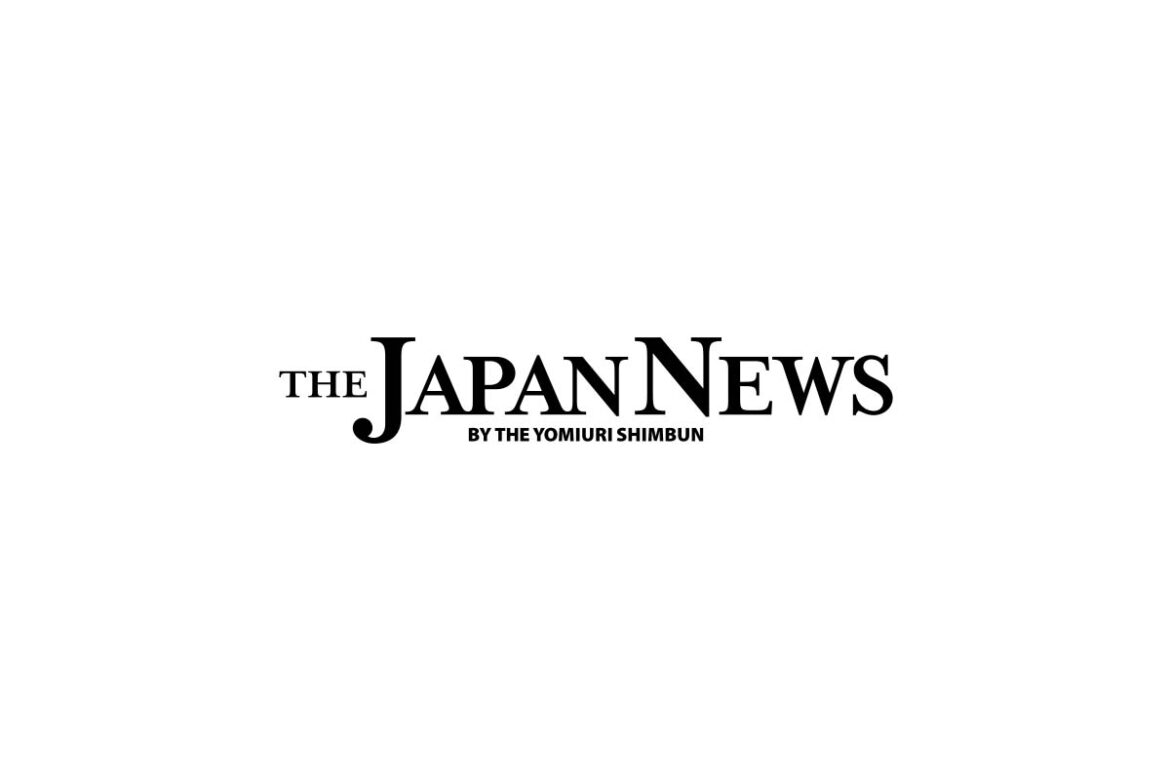15:33 JST, August 22, 2025
Japan and South Korea have repeatedly swung between confrontation and cooperation in the 60 years since the normalization of diplomatic relations between the two countries. It is hoped that South Korean President Lee Jae Myung’s visit to Japan will be an opportunity for the two nations to build a new era based on mutual understanding.
Lee will visit Japan tomorrow [Aug. 23] for the first time since taking office in June and will hold talks with Prime Minister Shigeru Ishiba.
It is unusual for a new South Korean president to visit Japan before visiting the United States, an ally of South Korea. Amid the growing complexity of the international situation, Lee has likely become more aware of the need to stabilize relations with Japan.
It is important to continue reciprocal visits between leaders of the two countries and lead the way in maintaining stable relations.
Japan-South Korea relations improved significantly when conservative former South Korean President Yoon Suk Yeol presented a solution to the issue of lawsuits regarding former wartime requisitioned workers from the Korean Peninsula, which had been the biggest pending issue between the two countries.
In contrast, left-leaning Lee had previously referred to Yoon’s policy toward Japan as a “diplomacy of humiliation,” noticeably making anti-Japanese remarks. There was a strong sense of caution on the Japanese side that the Lee administration might rehash historical issues.
However, during an interview with Shoichi Oikawa, chairman of the board and representative director of The Yomiuri Shimbun Holdings, who also serves as editor-in-chief of the Yomiuri group, Lee stated that “it is not desirable to overturn” the agreement reached between the past administration and Japan regarding issues such as so-called comfort women and former requisitioned workers, indicating his intention to uphold the agreement.
Lee also said, “The damage to our nation would be immense if others felt that we couldn’t be trusted because we overturn our agreements when there’s a change in administration.” It is praiseworthy that Lee strove to dispel Japan’s concerns with his clear words.
Lee also stated that historical issues are certainly a “heartbreaking” topic for the South Korean people, and he asked the Japanese side to be considerate of the feelings of the South Korean people. The hope is that both countries will deepen their understanding of each other and step up efforts to prevent relations from deteriorating again over historical issues.
In a joint Japan-South Korea survey, more than 50% of respondents in both countries answered that the current state of Japan-South Korea relations is “good.” It is necessary to deepen cooperation in a wide range of areas, including culture, the economy and security, and build a future-oriented relationship.
The situation in East Asia is becoming increasingly severe, with North Korea advancing its nuclear and missile development programs and participating in Russia’s aggression against Ukraine by sending its soldiers.
It is appropriate that Lee indicated his policy in this interview to strengthen cooperation among the three countries of South Korea, the United States and Japan, based on the alliance between South Korea and the United States, and the alliance between Japan and the United States.
On the other hand, Lee showed his intention to pay attention to relations with China, North Korea and Russia, demonstrating a willingness to resume dialogue with North Korea, in particular. It is hoped that Lee will be careful not to ease pressure on North Korea and cause any disruption to the unity with Japan and the United States as a result of giving too much priority to improving relations with Pyongyang.
(From The Yomiuri Shimbun, Aug. 22, 2025)


AloJapan.com